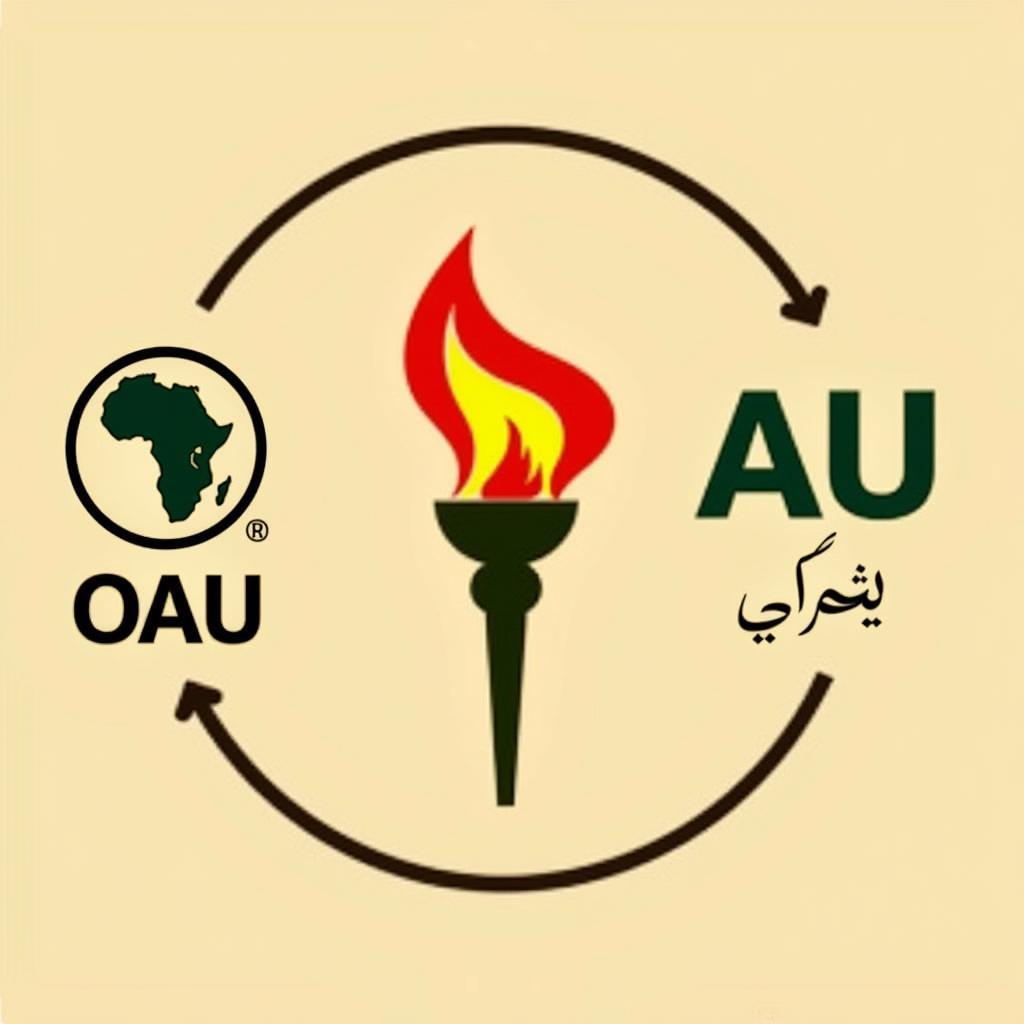Exploring the Diverse Roles of Mothers in Africa
African mothers play a vital role in the family structure and community life across the continent. They are the backbone of society, nurturing, educating, and empowering future generations. Their contributions are diverse, influenced by rich cultural traditions, historical contexts, and evolving socio-economic landscapes. Understanding the multifaceted lives of African mothers requires a nuanced perspective that appreciates their strength, resilience, and unwavering commitment to their families and communities.
The Heart of the Family: Mothers as Caregivers and Educators
Across diverse African cultures, motherhood is revered and celebrated. Mothers are primarily seen as caregivers, responsible for the physical and emotional well-being of their children. From infancy to adulthood, mothers provide a constant source of love, support, and guidance. They are the first educators, imparting traditional knowledge, values, and life skills to their children, ensuring the continuity of cultural heritage. This role extends beyond immediate family, often encompassing extended family members and even members of the community.
Beyond their nurturing roles, African mothers are often also the primary providers of food and resources for their families. In many rural communities, women play a crucial role in agriculture, cultivating crops and raising livestock to sustain their households. Their resourcefulness and hard work ensure food security and contribute significantly to the economic stability of their families.
Navigating Challenges: Resilience and Adaptability
African mothers often face numerous challenges, including poverty, limited access to education and healthcare, and social inequalities. However, they demonstrate remarkable resilience and adaptability in overcoming these obstacles. They are resourceful problem-solvers, finding innovative ways to provide for their families and ensure their children’s well-being, even in the face of adversity. Their strength and determination are a testament to their unwavering commitment to their families.
Furthermore, many African mothers are active participants in community life, playing key roles in local governance, economic activities, and social initiatives. They are often at the forefront of community development efforts, advocating for better education, healthcare, and improved living conditions for their families and communities.
Evolving Roles in a Changing World
As Africa undergoes significant social and economic transformations, the roles of mothers are also evolving. Increasing access to education and employment opportunities is empowering women to pursue careers and contribute to the broader economy. While maintaining their traditional roles as caregivers and educators, African mothers are increasingly taking on leadership positions in various fields, challenging traditional gender roles and paving the way for future generations of women.
The strength and resilience of African mothers is a cornerstone of African society. Their unwavering dedication to their families, their communities, and their cultures is a testament to their invaluable contributions to the continent’s rich tapestry of life. Understanding their diverse experiences is crucial to appreciating the complexities and dynamism of African Life.
Conclusion
African mothers are the heart and soul of their families and communities, navigating the complexities of life with resilience, strength, and an unwavering dedication to their children. Their roles are multifaceted, encompassing caregiving, education, economic provision, and community leadership. As Africa continues to evolve, so too will the roles of mothers, but their fundamental importance to the fabric of African society will remain unchanged.
FAQ
- What is the typical family structure in Africa? African family structures vary widely across the continent, from nuclear families to extended families and polygamous households.
- What challenges do African mothers face? Many African mothers face challenges like poverty, limited access to education and healthcare, and gender inequality.
- How are gender roles changing in Africa? Gender roles are evolving, with more women pursuing education and careers, challenging traditional expectations.
- How do African mothers contribute to their communities? African mothers play key roles in community governance, economic activities, and social initiatives.
- What are some traditional practices related to motherhood in Africa? Traditional practices vary by culture but often include ceremonies and rituals celebrating pregnancy, childbirth, and motherhood.
- How can we support African mothers and their families? Supporting organizations that focus on education, healthcare, and economic empowerment for women and children in Africa can make a difference.
- Where can I learn more about the lives of African mothers? Books, documentaries, and academic research offer valuable insights into the diverse experiences of African mothers.
Need assistance? Contact us 24/7: Phone: +255768904061, Email: [email protected], Address: Mbarali DC Mawindi, Kangaga, Tanzania.


